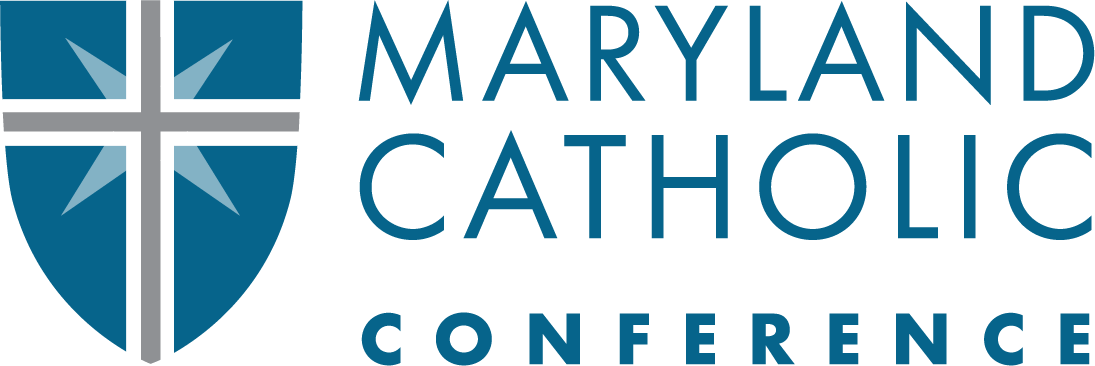Favorable
Committee: Finance
SB0208
The Maryland Catholic Conference is the public policy representative of the three (arch)dioceses serving Maryland, which together encompass over one million Marylanders. Statewide, their parishes, schools, hospitals, and numerous charities combine to form our state’s second largest social service provider network, behind only our state government.
Senate Bill 208 establishes the Maryland Assistive Technology Program in the Department of Disabilities; providing the purpose of the Program is to increase access to assistive technology services and devices for individuals with disabilities, support the State’s efforts to provide assistive technology services and devices to persons with disabilities of all ages, including underrepresented populations, and ensure statewide access to assistive technology lending libraries; establishing the Assistive Technology Services Fund.
Improving access to assistive technologies is essential for enhancing the quality of life and success of individuals with disabilities in Maryland. Assistive products include a wide range of physical tools, such as wheelchairs, glasses, prosthetic limbs, white canes, and hearing aids, as well as digital solutions like speech recognition software, time management tools, and captioning services.(1) These technologies significantly reduce the challenges of daily activities, fostering independence and improving overall well-being.
However, barriers such as limited access, lack of awareness, and insufficient funding prevent many from obtaining these essential tools. This program is vital to addressing these barriers and ensuring that individuals can access assistive technologies tailored to their unique needs. Often, employers or insurance providers fail to connect individuals with adequate technology or cover the associated costs, leaving many without the tools they need to thrive.
For children with disabilities, access to assistive technologies can be life-changing, particularly in areas like speech and language development. These tools not only support individual growth but also strengthen families by equipping them with the resources necessary to provide care and services. By investing in these innovations, Maryland can empower the vulnerable disability population to achieve greater independence and an improved quality of life.
For these reasons, the Maryland Catholic Conference asks for a favorable report on SB 208. Thank you for your consideration.
—-
(1) https://www.who.int/news-room/fact-sheets/detail/assistive-technology
